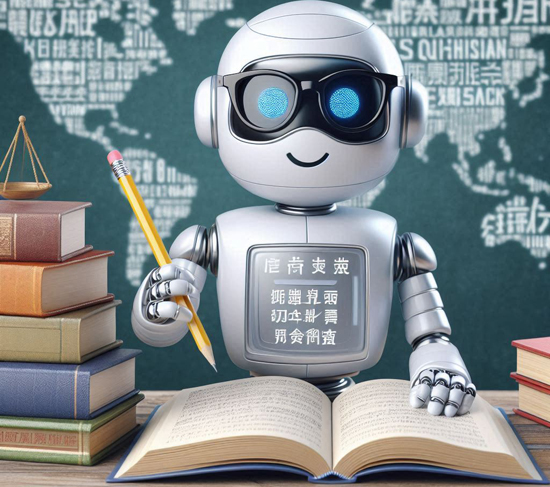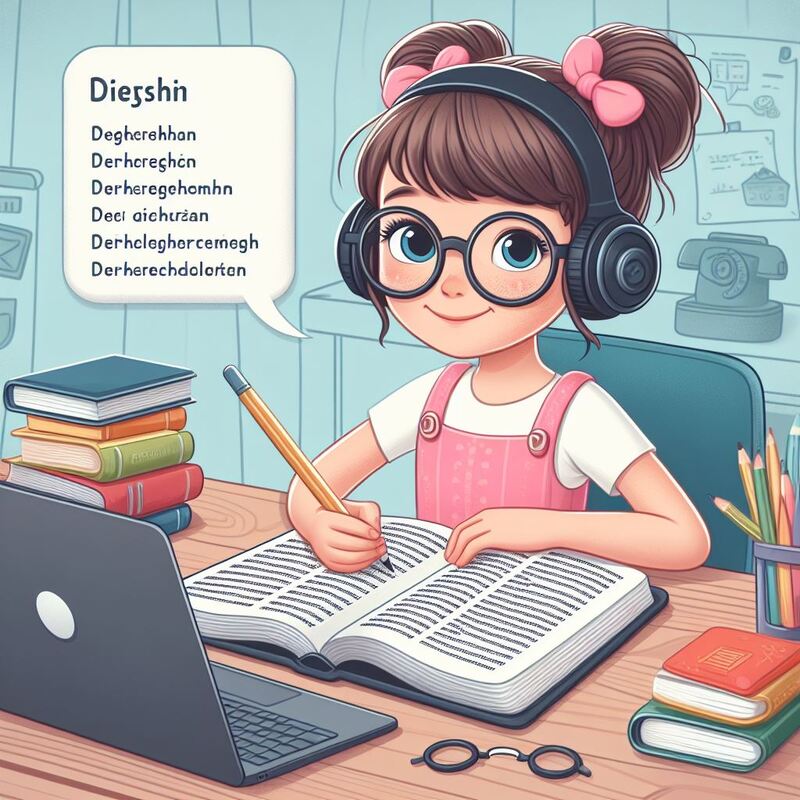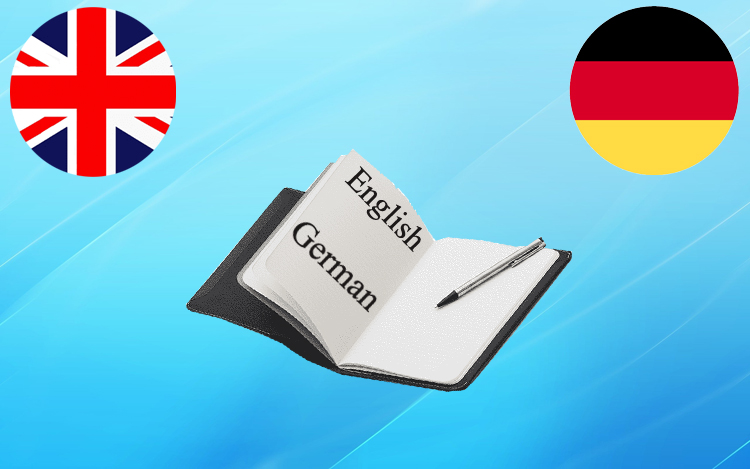In the modern world of globalization, document, text, audio, and video translations provide opportunities for communication and interaction between companies, clients, and partners from different countries, opening doors for international growth and development.



Localization of business with German-English translation
The specifics of localizing business using German-English translation represent a powerful tool for expanding the audience and increasing the revenue of companies. Research shows that over 1.5 billion people speak English, while German is one of the most common languages in Europe. Utilizing this combined translation allows companies to access a wide range of consumers, strengthening their position in the global market. An example of the effectiveness of German-English translation is demonstrated by Adobe. After implementing content localization in both languages, the company's revenue increased by 20% over the past two years.Features of the English market for business development
The English market is one of the most dynamic and competitive in the world. Its advantages include a vast audience, high purchasing power, and a developed business infrastructure. Successful penetration into this market can significantly strengthen a brand's position and ensure its stable growth. An example of this is BMW and its successful entry into the English market, emphasizing the significance of this step for global brands. Over the past years, BMW sales in the UK have increased by 15%, which is an impressive indicator of successful expansion.
Types of content for translation from German to English
Translation from German to English can include various types of content that can be useful for the development of global brands and attracting an English-speaking audience:- Websites and blogs. Translating website and blog content from German to English helps companies reach a wider audience and attract new visitors from English-speaking countries.
- Presentations and business materials. Translating presentations, brochures, informational booklets, and other business materials allows companies to present their products, services, and offerings in English to potential clients and investors.
- Advertising materials. Translating advertising campaigns, banners, commercials, and other advertising materials helps companies effectively promote their brand and products in English-speaking markets.
- Social media. Translating content for social networks such as Facebook, Twitter, Instagram, and LinkedIn allows companies to maintain an active presence in the global online community and engage with an English-speaking audience.
- Video and audio materials. Translating videos, webinars, podcasts, and other multimedia materials helps expand the audience reach and provide information in English.
- Technical documentation and instructions. Translating technical documentation, user manuals, and usage guides provides access to products and services for English-speaking users.
- News and informational materials. Translating press releases, news articles, reports, and analytical materials enables companies to convey their messages and initiatives to an English-speaking audience and participate in international information exchange.

Video translation: arguments in favor
Translation of content from German to English has several significant advantages, especially in the context of developing global brands:- Audience expansion. English is one of the most widespread and widely used languages globally. Translating content from German to English allows reaching a broader audience, including clients, partners, and consumers from various countries where English is either the primary or secondary language of communication.
- Revenue increase. Expanding the audience through translation can lead to increased sales, revenue, and profits. Potential clients and partners from English-speaking countries will find it easier to understand information about the company's products, services, and offerings, which can stimulate them to collaborate or make purchases.
- Attraction of investments. Foreign investors and financial institutions often prefer to receive information about companies in English, as it is the universally accepted language of business communication. Translating content from German to English makes the company more attractive to potential investors and can contribute to attracting additional investments.
- Reputation enhancement. Publishing content in English can improve the company's reputation as a global player and an innovative leader in its industry. It also contributes to shaping a positive image of the company among the international community of business partners, clients, and competitors.
- Competitiveness improvement. Companies that actively use the English language in their operations and provide information in English are often considered more competitive in the global market. Translation from German to English helps them maintain competitive positions and adapt to the requirements of international business.

Prospects for using translations in the development of global brands
The prospects for using translations in the development of global brands are vast and include not only expanding geographical coverage but also strengthening the company's image, increasing recognition in the global market, and improving interaction with the audience. Let's consider several examples of successful translation usage in the development strategies of global brands:- Volkswagen. The company has Ukrainian, Bulgarian, French, English, and many other versions of its website, as well as actively translates brochures, advertising materials, and documentation into various languages to attract and satisfy international clients.
- Siemens. As a global leader in innovative technologies and engineering, the company translates technical documentation, advertising materials, and educational resources into English, Chinese, Spanish, and many other languages to attract clients from around the world. It did so particularly actively during the presentation of innovative energy technologies at an international conference.
- Bayer. One of the world's largest companies in the pharmaceutical and agrochemical industries translates video and text to promote its brand in the global market. For example, corporate videos about Bayer's latest achievements in medicine or agriculture are available in English, Spanish, and Chinese.
